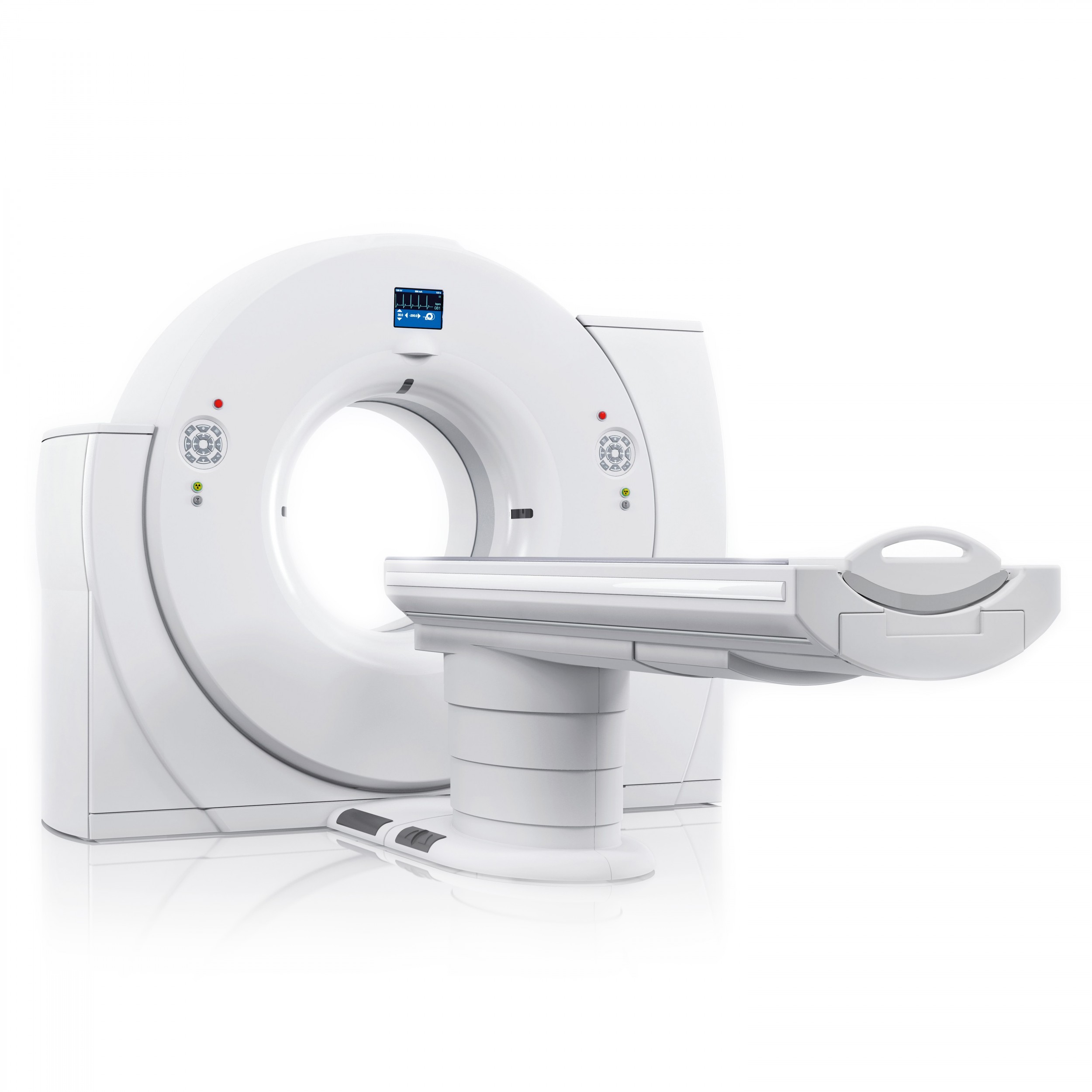Challenges for Mobile Diagnostics: Mobile MRI as a Case Study

Event Description
Developed in the 1970s and commercialized shortly thereafter, Magnetic Resonance Imaging (MRI) has since become a mainstay diagnostic tool in practices ranging from oncology and orthopedics to neurology and cardiology. Traditional, fixed MRI machines are expensive and immobile. To limit costs and improve access for patients, companies began offering MRIs at stand-alone centers. But these clinics are equally as static, if less expensive than, MRI machines in hospitals. Yet new innovation has opened different possibilities, including low-field and more accessible and portable MRI machines that utilize cloud-based applications and AI to remotely analyze data and return results. Although this new suite of MRI technologies has the potential to lower diagnostic costs and increase access, open questions remain around image quality, AI bias in remote interpretation of images, communication of results to patients at the point of care, privacy, and potential liability.
Lessons from portable MRI technology will be important as more diagnostics move out of the clinic and into the patient’s home. Analyzing the issues this technology raises, therefore, is crucial to sound regulation and health policy for the future of diagnostics.
Professors Francis Shen and Damien Fair discussed the legal and ethical issues that mobile MRI technology raises, drawing on their experience studying the issue as part of a grant funded by the National Institutes of Health BRAIN Initiative.
Panelists
- Introduction: Carmel Shachar, Executive Director, Petrie-Flom Center
- Damien Fair, Professor, Institute of Child Development, Professor, Department of Pediatrics, University of Minnesota Medical School, and Redleaf Endowed Director, Masonic Institute for the Developing Brain
- Francis Shen, Professor of Law and McKnight Presidential Fellow, University of Minnesota Law School
- Moderator: David A. Simon, Research Fellow, Digital Home Health, Petrie-Flom Center
Event Resources
- Highly Portable and Cloud-Enabled Neuroimaging Research: Confronting Ethics Challenges in Field Research with New Populations (NIH Grant #RF1MH123698) https://www.NeuroimagingEthics.org/
Sponsored by Diagnosing in the Home: The Ethical, Legal, and Regulatory Challenges and Opportunities of Digital Home Health at the Petrie-Flom Center for Health Law Policy, Biotechnology, and Bioethics at Harvard Law School with generous support from the Gordon and Betty Moore Foundation and with support from the Oswald DeN. Cammann Fund at Harvard University.